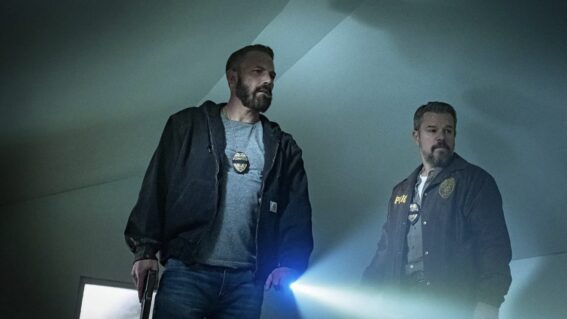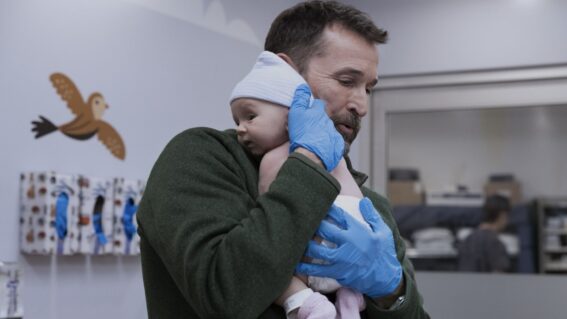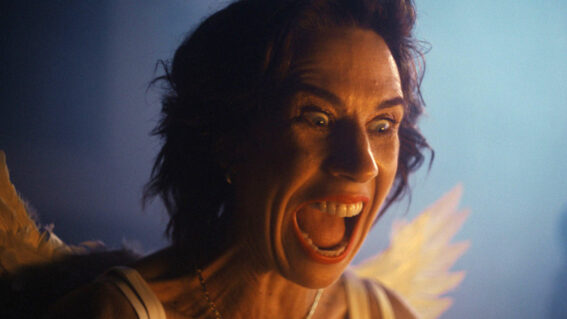Finally watching Bad Lieutenant, decades after giving up at its grimness
Our brave correspondent revisits a gruelling long dark night of the soul (and modern classic?).
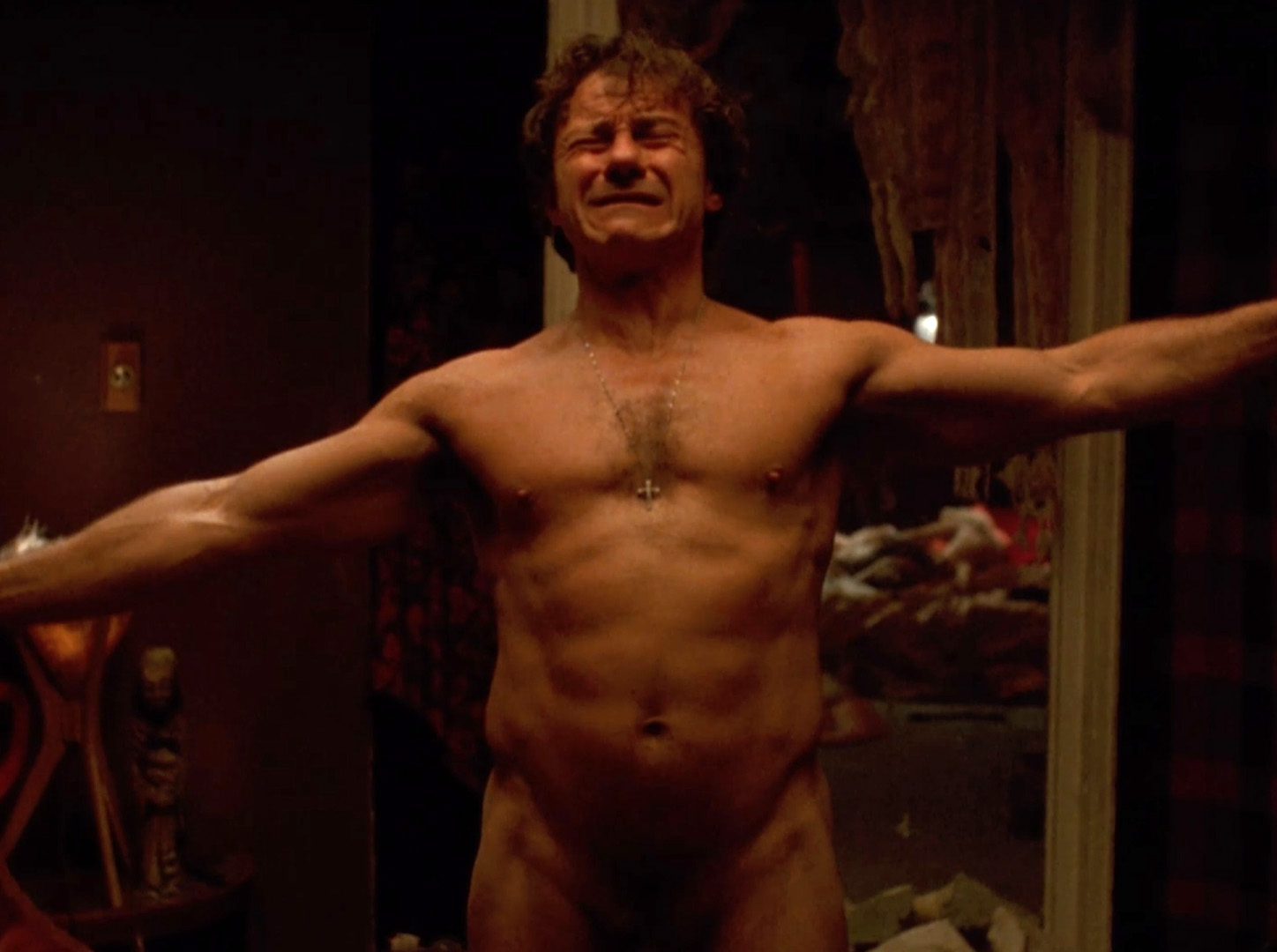
The first time I watched Abel Ferrara’s Bad Lieutenant (1992), I turned it off after 30 excruciating minutes.
It was 2001, I was an ex-film student living with my dad and, bless him, he always let me choose the movies we hired from the DVD place across the road. This led to some interesting evenings, as my quest for boundary-pushing cinema repeatedly butted up against the economic realities of the small-town rental market. In other words, we watched a lot of shit films.
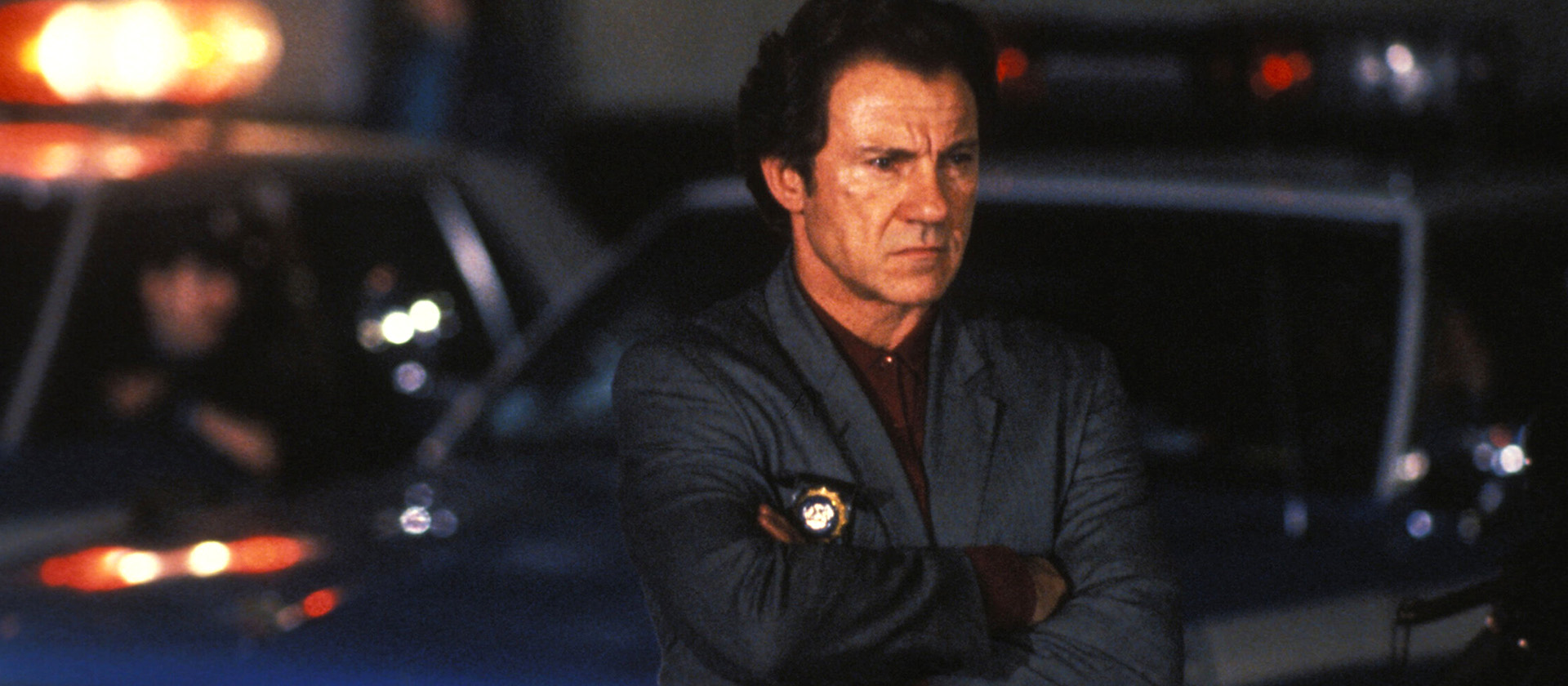
Bad Lieutenant, on the other hand, seemed promising. It starred Harvey Keitel, who had swept back into favour with Reservoir Dogs and Pulp Fiction. And it looked like the sort of Dirty Harry knock-off that, whether good or not, would make perfect Friday night viewing. Boy was I wrong.
In the scene that proved to be the clincher, Keitel’s ruined New York cop LT pulls over two young women who are driving without a licence. Instead of booking them, however, he proceeds to masturbate while talking dirty to them.
It’s a horrible, horrible sequence and semi-improvised by Keitel, so it feels like a genuine assault. The fact one of the women was the his live-in babysitter doesn’t exactly help matters. “Shall I turn it off, dad?” I suggested, giving new meaning to the phrase “parental guidance”. Grimly, he nodded his head.
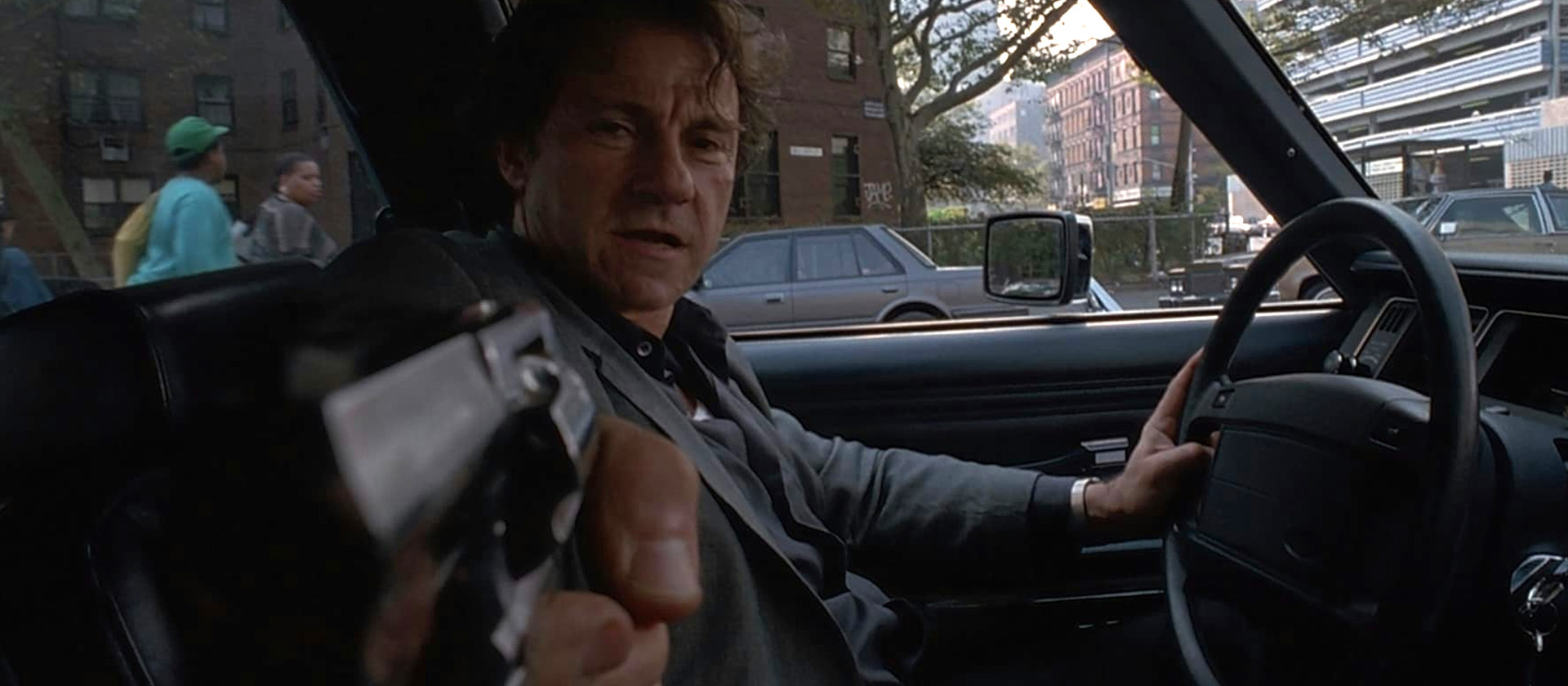
Since then, Bad Lieutenant has felt like unfinished business for me. So when I heard it was being released in 4K, I decided to give it another try.
I’m older now, a little wiser, and the film’s reputation has grown, especially since Martin Scorsese called it one of the best movies of the 1990s. Plus, I don’t have my dad squirming next to me while Mr White whips out his cock.
This time, I’m glad to say I made it all the way through, and was (un)pleasantly surprised. It’s still a punishing watch—and flawed as hell—but closer to art than exploitation. Like Henry: Portrait of a Serial Killer, but with cops.
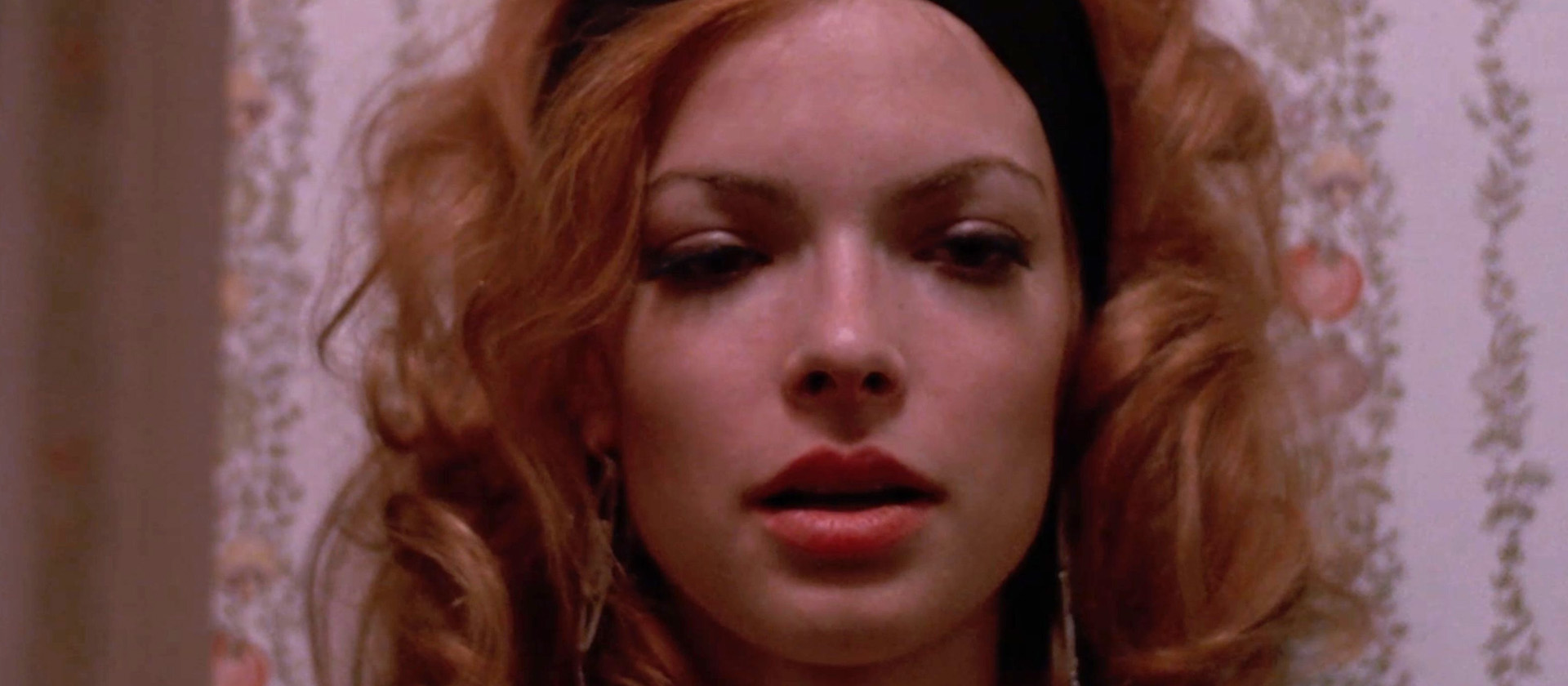
It was co-written by Zoë Lund, a musician, actress and model who starred in Ferrara’s equally controversial Ms.45 at 17 and fatally overdosed at 37, and Ferrara himself, who was on a career high after 1990’s King of New York. Originally it was supposed to star that film’s Christopher Walken, but he dropped out at the last minute saying he was wrong for the role—read: got cold feet.
In came Keitel, still traumatised from his split with Lorraine Bracco, to give the performance of his career. LT is a wreck of a man—not the big bad wolf Nic Cage played in Werner Herzog’s Bad Lieutenant: Port of Call New Orleans—but a genuinely tortured soul: infinitely corrupt and corrupted.
He does coke on the school run—yep, he’s got a family—uses the N-word, lies, steals, cheats and take drugs: all the drugs. When he nips off to smoke some crack, even his dealer warns him he’s overdoing it. Lund, meanwhile, has a small but ironic role as LT’s heroin dealer.
In one scene we see him necking a bottle of spirits while being entertained by two sex workers. Soon he’s naked, waddling like a penguin, and sobbing in self-disgust. When he wakes up most mornings it’s on the family sofa with his kids playing around him. This might be the single least appealing depiction of drugs committed to celluloid.
There’s not really a plot. It’s more one of those long-dark-night-of-the-soul descent-into-screeching-hell-type affairs. But LT keeps putting down bigger and bigger bets on the baseball—and is repeatedly warned against pissing off his bookie—so we can feel comeuppance heading his way.
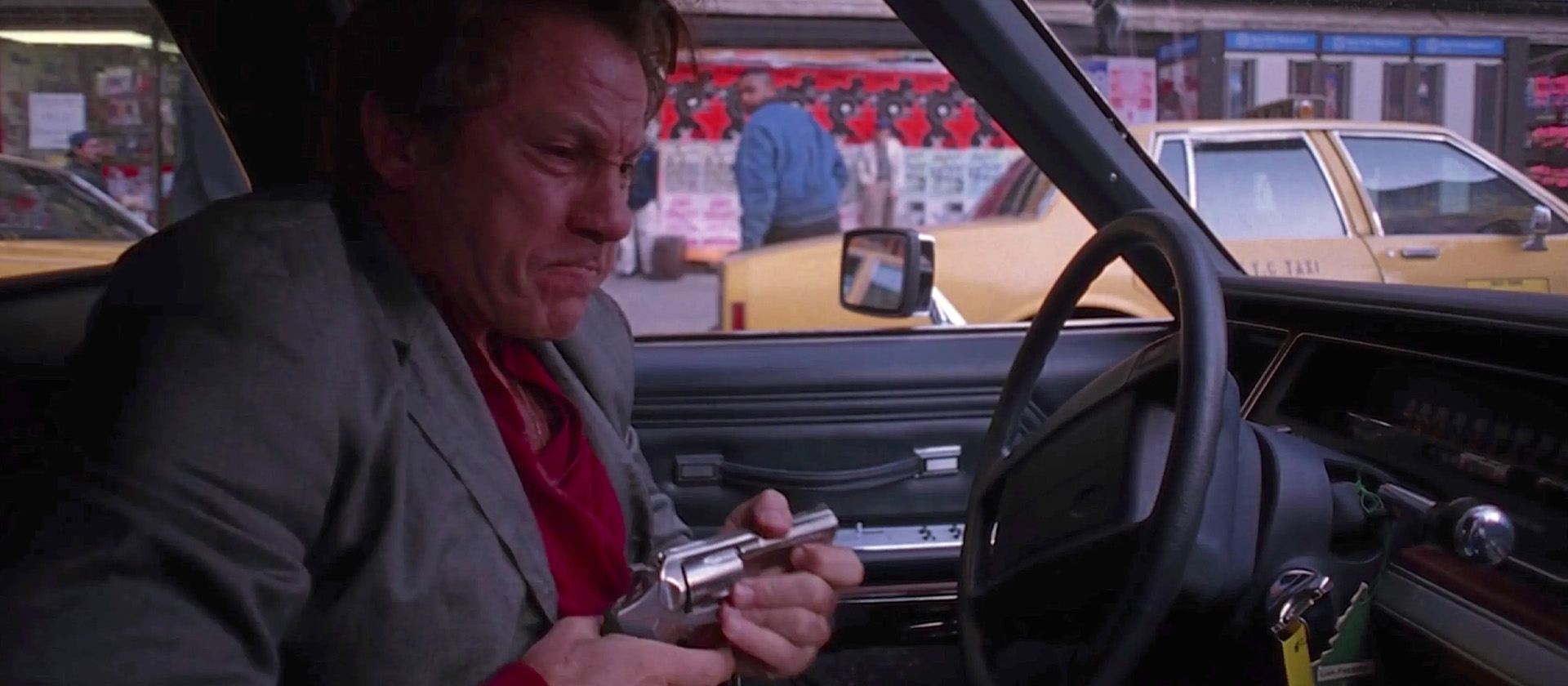
A pivotal sequence involves two scumbags raping a nun (Frankie Thorn) in a church. At the hospital, LT watches her being examined, the camera seeming to leer along with him—an uncomfortable choice. It’s ugly stuff. But this act of unthinkable depravity, and the nun’s forgiveness of her attackers, resonates with LT, the ultimate lapsed Catholic.
While there’s something icky about using sexual violence as a springboard for male redemption—especially as the male in question is himself an abuser—Ferrara and Lund are trying, however clumsily, to explore something profound. The idea that everyone, however degraded, might have the chance to be saved.
The climax of LT’s spiritual journey sees him on his knees in the church—the same one Ferrara went to as a kid— howling in agony, before Jesus appears to him. Keitel is extraordinary here—crying, calling the son of god “a rat fuck” and admitting, “I did so many bad things”—before, finally, begging for forgiveness.
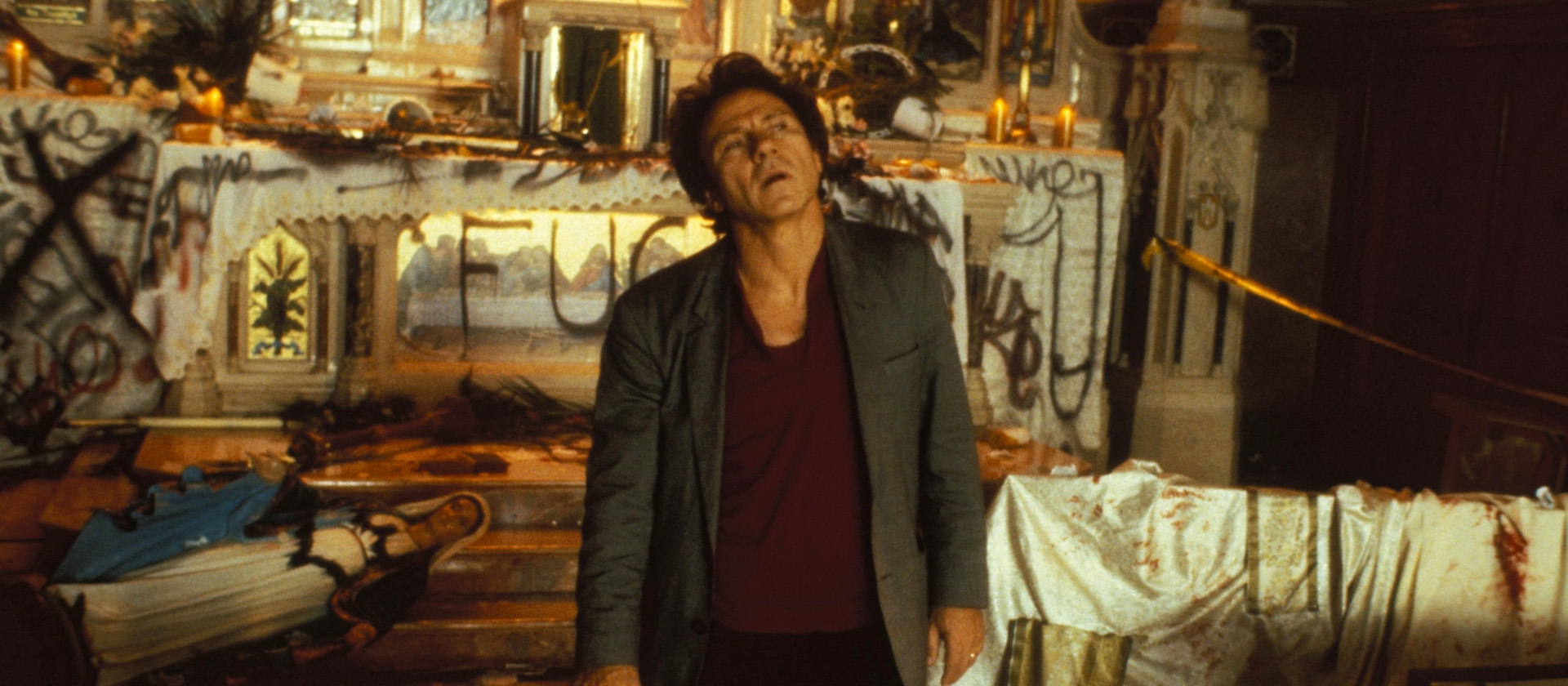
By the standards of what we’ve endured, the conclusion is oddly optimistic. There will be no saving LT—and nor should there be—when it comes to forgiveness maybe he’s nudged the dial a little in his favour.
In fact, with its doomed antihero, downbeat ending and endlessly scuzzy New York streets, it made me think of Taxi Driver, but minus Paul Schrader’s gutter poetry—maybe that’s why Scorsese rated it so highly. And maybe he was right.
It’s not an easy film to reconcile, nor one I intend to watch again, dad or no dad, but it’s also one I won’t ever forget.
Abel Ferrara’s Bad Lieutenant is out on limited edition 4K UHD & Blu-ray on 18 August from 101 Films.










